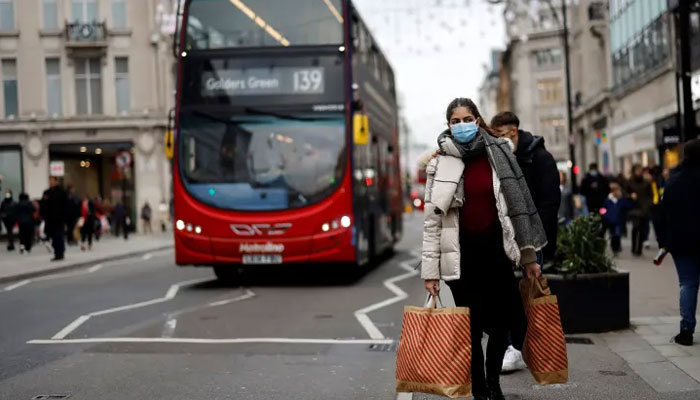Study rings alarm bells: UK's cost of living crisis may lead to more early deaths
Study published in BMJ Public Health highlights the escalating cost of living in the UK and its potential to reduce our lifespans in country
Are the soaring costs of living in the United Kingdom taking a toll on our health and well-being?
A recent study published in BMJ Public Health suggests that the answer might be yes.
The research paper paints a concerning picture of how the increasing cost of living could result in more premature deaths in the country.
Let's understand the implications of this alarming revelation.
BMJ Public Health has shed light on a pressing concern about the escalating cost of living in the UK and its potential to reduce our lifespans.
While rising prices at the supermarket checkout and at the petrol pump are undoubtedly noticeable, what might be less apparent is the impact of these price hikes on our overall health.
The study, which focuses on the grim prospect of more early deaths, raises questions about the relationship between our wallets and our well-being. Are the current inflation-fueled cost-of-living challenges silently endangering our lives?
According to the study's findings, we could see an increase of nearly 6.5% in the proportion of people passing away before the age of 75 due to the prolonged period of high prices. This statistic might seem abstract, but it translates to real lives—30 additional deaths per 100,000 of the population every year.
Perhaps even more troubling is the stark wealth-health gap that this crisis could exacerbate.
The research forecasts that the most disadvantaged households may experience four times as many extra deaths compared to their wealthier counterparts.
What's driving this inequality? One key factor is the soaring cost of energy, which hits the poorest households the hardest as they allocate a larger share of their income to cover these bills.
While the study primarily focuses on the impact of inflation on death rates in Scotland during 2022-3, it warns that these findings could have broader implications for the entire UK. The effects of the cost-of-living crisis, driven by factors like the war in Ukraine, COVID-19, Brexit, and fiscal policies, might be felt far and wide.
As we grapple with this challenging issue, the research reminds us that the economy's health is intrinsically linked to our own well-being. Public policy responses, though in place, may not be sufficient to shield our health or bridge the widening inequalities.
-
Angelina Jolie and Brad Pitt mental health struggle amid divorce
-
Peter Dinklage shares achondroplasia struggle: 'My whole life I've had stares'
-
Celine Dion’s private battle with Stiff Person Syndrome
-
5 famous names who have spoken up about their anxiety
-
Janet Jackson on how vertigo left her unable 'to perform'
-
Kelly Osbourne talks about weight loss struggles
-
Ben Affleck’s migraine struggle post Jennifer Lopez split
-
4 popular celebrities who suffer from chronic fatigue












